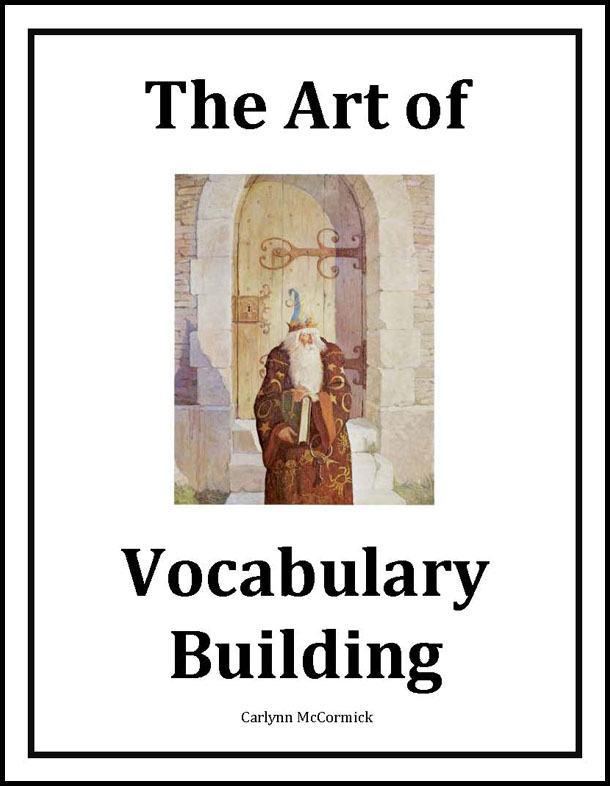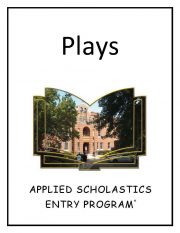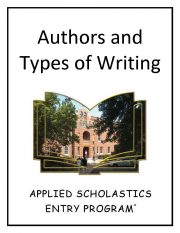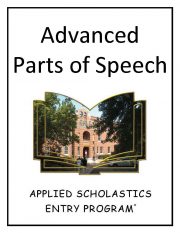Description
by Carlynn McCormick
It has been said that the one thing the most successful people in the world have in common is a large vocabulary. This makes sense when you realize that the more words you know, the easier it is to duplicate and understand what you read, what others say to you, and what you hear in the media.
Therefore, one of the most vital objectives of education should be to help students build a large useful vocabulary. But such vocabularies don’t just happen; the people who have them did something right. You may think they set time aside each day to memorize a list of words. Such a method can become so tedious, however, it may cause more damage than good. This is not a recommended way to help children improve their vocabularies.
Building an impressive vocabulary can be interesting and adventurous; it can be accomplished by reading interesting and adventurous books. Like any form of art, vocabulary building is meant to be enjoyed.
Recently this has been made all the more difficult by the modern trend of reducing testing standards in many schools. This has produced a gap between the level students are tested at and what they are expected to read. A student, for example, would need to pass a sixth grade vocabulary test with today’s reduced standards in order to comfortably read a fourth grade reading book. To overcome the discrepancy between test scores and reading level, we searched extensively until we found a set of vocabulary examinations (included in this book), which closely match, grade for grade, the textbook and literature standards our children are expected to read and comprehend.
The tools in this book are presented to help you determine both the actual vocabulary level of your child and the actual grade level of any book your child might read. Properly matching the two levels will make it easier for your child to comfortably read in quantity. It is after all the ability to read any book one wants to read that can open a thousand new worlds – worlds that can inspire, wash away negativity and set the imagination on fire!
Alas! The ability to read, sound out and recognize words does not mean much if the words are not understood. Therefore, The Art of Vocabulary Building reminds parents that the most important part of vocabulary building is finding out the meanings of words. The goal is to help our children see for themselves that knowing the precise definitions of the words in a story makes the story easier to understand and therefore even more pleasurable.
99 pages printed or download








Reviews
There are no reviews yet.